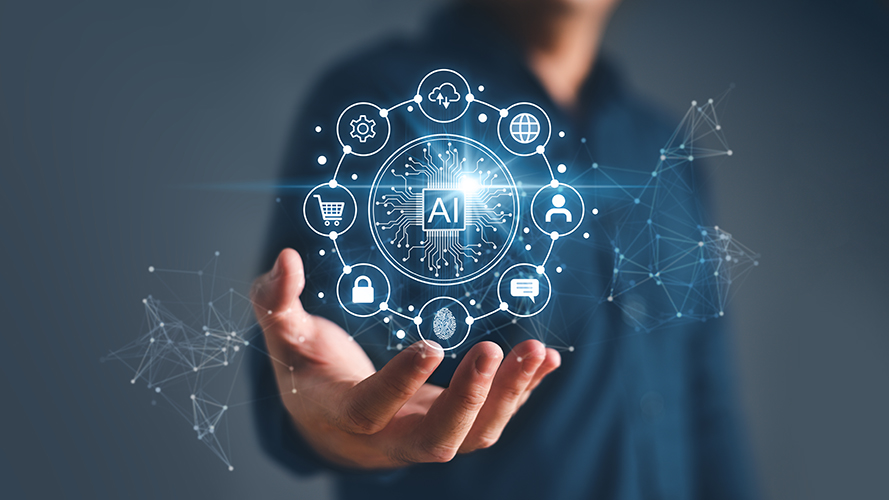 The artificial intelligence (umělá inteligence) revolution has brought humanity to the cusp of a profound redefinition of our capabilities. With the integration of artificial intelligence into various domains, we stand not just on the brink of technological advancement but on the edge of a new era where the synergy between human intelligence and machine learning promises unprecedented achievements.
The artificial intelligence (umělá inteligence) revolution has brought humanity to the cusp of a profound redefinition of our capabilities. With the integration of artificial intelligence into various domains, we stand not just on the brink of technological advancement but on the edge of a new era where the synergy between human intelligence and machine learning promises unprecedented achievements.
In this blog post, we’ll explore the ways in which AI is allowing us to redefine what it means to be human, and how it is reshaping our future.
Amplifying Human Creativity
One of AI’s most intriguing aspects is its ability to amplify human creativity. Through generative design, AI algorithms can churn out novel designs that go beyond the scope of human imagination. Tools like Adobe’s Sensei and DeepArt allow artists to experiment with styles and forms they wouldn’t necessarily consider on their own. The collaboration between Pablo Picasso and AI startup Obvious, which produced a striking AI-generated portrait ‘Edmond de Belamy’, is a testament to how AI can push the boundaries of art.
AI also carries the potential to be a compelling co-creator in the realms of music and literature. Projects like OpenAI’s GPT-3 have showcased an ability to compose poetry and music, and while these creations are still in their nascent stages, they hint at a future where AI and humans could create beautiful art together.
In the business world, tools like AlphaGo Zero have shown AI’s ability to strategize and solve complex problems, suggesting that AI is not just a tool for articulating the vision of humans but a visionary partner that can devise strategies and game plans that elude the human mind alone.
Augmented Decision Making
AI is not just a tool for the creatives; it’s also a catalyst for smarter and more informed decision-making. Big data and AI can process and analyze an incredible volume of information, providing insights that can help us make better decisions in fields as diverse as medicine, finance, and governance.
In healthcare, AI can analyze medical imaging more accurately and more quickly, potentially saving lives through early detection of diseases. In finance, AI algorithms can sift through market data to predict outcomes with remarkable accuracy. And in governance, AI can process citizen feedback and data to inform policies that are more responsive to the needs of the community.
This augmented decision-making capability of AI is empowering professionals to leverage data in ways previously thought impossible, which can lead to not only more efficient operations but also the ability to make predictive decisions that pave the way for proactive problem-solving.
A New Era of Inclusivity
The inclusivity that AI can bring to society is not just in terms of the disabled but also extends to language barriers, with real-time translation technologies such as iFLYTEK’s real-time transcription API, becoming more advanced and accessible.
Computer vision and robotics are making headway in improving the quality of life for people with physical disabilities, with the potential to revolutionize mobility and daily living tasks. Furthermore, AI-driven automation is paving the way for more job opportunities for people with disabilities, where physical limitations may have previously restricted their employment options.
The inclusivity that AI can bring to society is not just in terms of the disabled but also extends to language barriers, with real-time translation technologies becoming more advanced and accessible.
Conclusion
The AI revolution is not just about machines becoming more intelligent; it’s about how this intelligence can be harnessed to augment human capabilities, creativity, and decision-making. It is a revolution that stands to redefine human potential in ways that were once the stuff of science fiction.
While the impact of AI on the labor market and ethical concerns around AI applications are important conversations we must continue to have, the many positive ways AI is transforming our world cannot be overlooked or understated. The key will be to foster a partnership between AI and humanity built on trust, transparency, and a commitment to using this technology to create a better, more inclusive future for us all.





